For many dog lovers, the joy of having a furry companion comes with a significant drawback: shedding. Dealing with dog hair on furniture, clothes, and floors can be a constant battle. If you dream of a canine friend but want to minimize the cleanup, you’re in luck! The world of dog breeds offers a wonderful selection of small dogs that shed minimally, or not at all. This guide is designed to help you discover the best small dog breeds that don’t shed, ensuring you can enjoy all the love and companionship without the overwhelming fur.
Whether you suffer from allergies or simply prefer a cleaner living environment, choosing a low-shedding breed is a smart decision. These breeds are often categorized as “hypoallergenic,” although it’s important to remember that no dog is truly 100% hypoallergenic. However, they produce significantly less dander and loose hair, making them a far better choice for sensitive individuals.
We’ll explore a variety of charming small dog breeds known for their minimal shedding. For those seeking a companion that won’t leave a trail of fur, understanding the unique characteristics of each breed is key. This journey into discovering the perfect non-shedding small dog will empower you to make an informed choice that aligns with your lifestyle and preferences. If you’re ready to find a dog that fits your home and your needs, diving into small dog breeds that don t shed and are hypoallergenic is an excellent starting point.
Affenpinscher
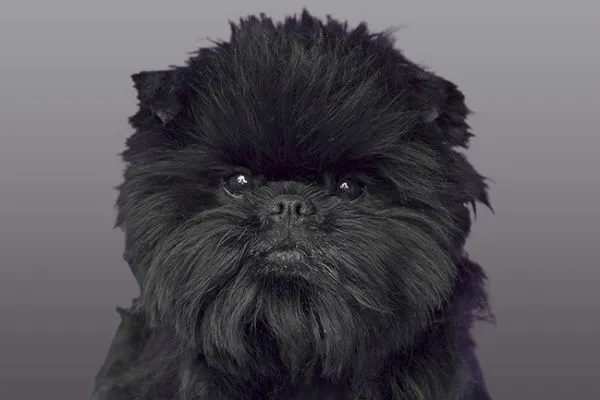 affenpinscher
affenpinscher
The name “Affenpinscher” translates to “monkey-like terrier,” a fitting description for this breed’s intelligent and somewhat mischievous expression. These small dogs are surprisingly fearless, acting as alert watchdogs that will notify you of any approaching guests. Their wiry coat sheds very little and also has a distinct lack of the typical “doggy” odor. A twice-weekly brushing with a slicker brush and comb is generally sufficient to maintain their shaggy yet neat appearance. Their low-maintenance grooming needs, coupled with their humorous personalities, make them a delightful companion.
Basenji
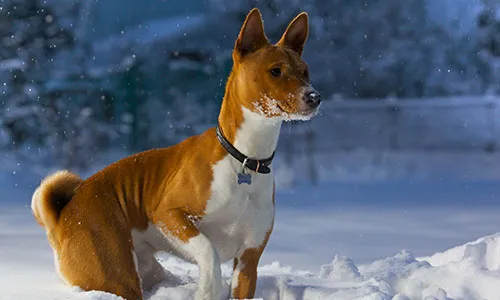 basenji
basenji
Often referred to as the “barkless dog,” the Basenji is unique for its distinctive vocalizations, which sound more like a yodel or a whine. For those who appreciate hounds but are deterred by their shedding and odor, the Basenji presents an excellent alternative. They shed minimally, thanks to their short, fine coat that requires only occasional brushing. Basenjis are also known for being exceptionally quiet, making them a well-suited choice for apartment living, provided they receive ample daily exercise and playtime.
Bichon Frise
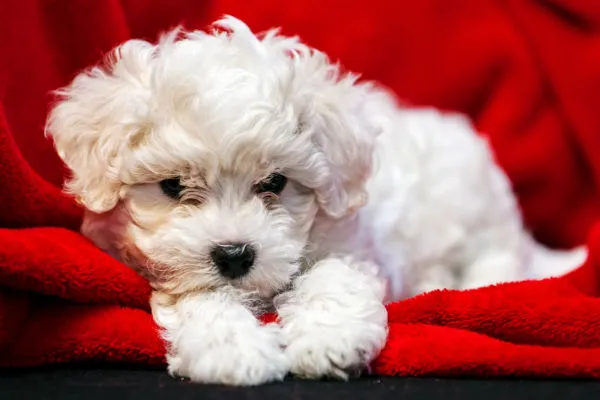 bichon frise
bichon frise
The Bichon Frise is a truly non-shedding small dog breed renowned for its cheerful disposition and affectionate nature. These dogs are an excellent option for individuals with allergies, but it’s important to note that “non-shedding” does not equate to “maintenance-free.” The Bichon Frise’s hair grows continuously and requires frequent professional grooming, regular brushing, and occasional baths to maintain their iconic fluffy, powder-puff appearance.
Bolognese
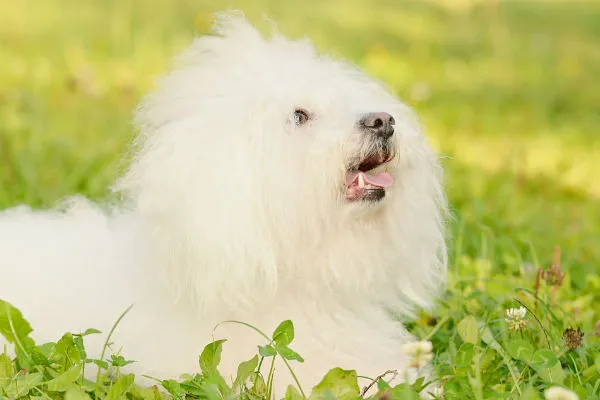 bolognese
bolognese
Similar to the Bichon Frise, the Bolognese boasts a distinctive, fluffy coat that is composed of hair rather than typical dog fur. This breed does not shed, but dead hairs must be regularly brushed out to prevent matting. Daily grooming is essential to keep these lovable lap dogs looking their finest and to manage their soft, cotton-like coat.
Brussels Griffon
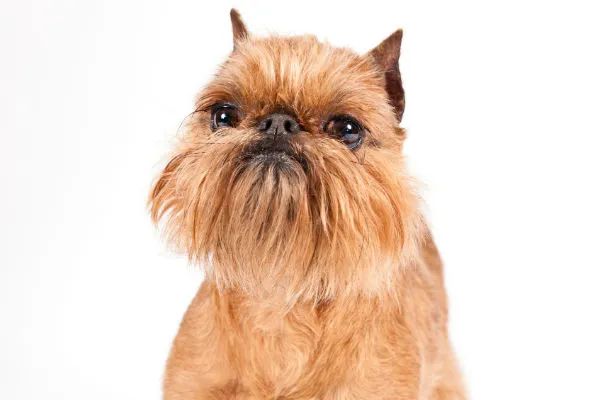 brussells griffon
brussells griffon
The Brussels Griffon, despite its petite stature, is a robust and confident dog that does not require excessive pampering. Available in both smooth-coated and rough-coated varieties, both types benefit from regular grooming and are minimal shedders. Their small size means their exercise needs can be met with a daily walk and indoor play. These loyal dogs thrive in a home environment where their families are frequently present. Understanding the grooming requirements can help ensure these small and medium dogs that dont shed remain healthy and happy.
Chinese Crested
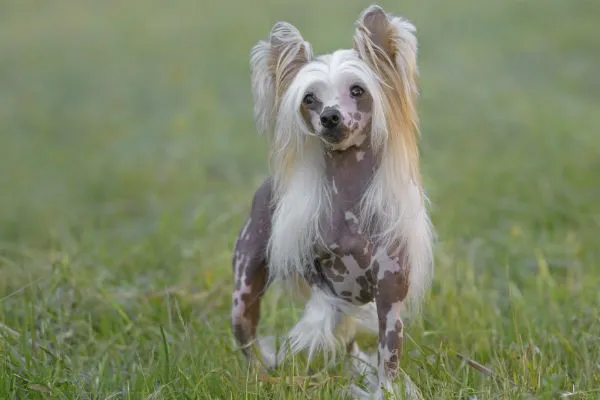 chinese crested
chinese crested
One effective strategy to completely avoid shedding is to opt for a hairless breed, such as the Chinese Crested. This breed comes in two distinct coat types: hairless and powderpuff. The hairless variety has hair only on its head, tail, and feet, while the powderpuff type is covered in a fine, soft coat that sheds very minimally. Hairless breeds, however, require special attention to their skin, including protection from the sun and cold, as they are more susceptible to skin irritations.
Coton De Tulear
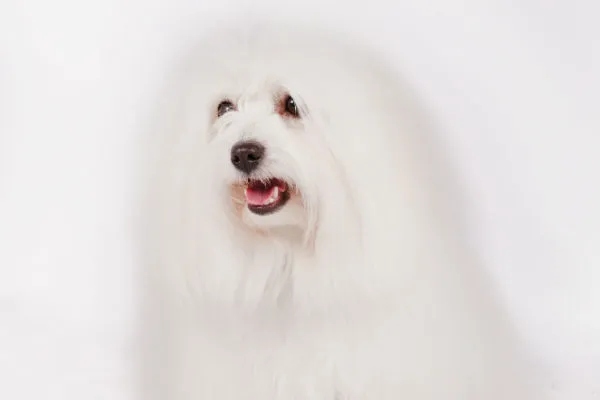 coton de tulear
coton de tulear
The Coton de Tulear is distinguished by its unique, long, and fluffy coat, which is often considered hypoallergenic. This makes them an excellent choice for individuals with allergies and for those seeking a small dog that sheds very little. While Cotons do require daily grooming to maintain their beautiful coats, their lighthearted and gentle temperaments make the grooming effort a rewarding experience.
Havanese
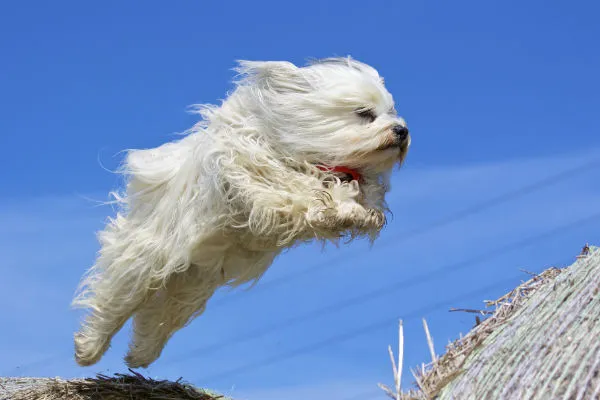 havanese
havanese
These charming dogs, native to Cuba, offer their owners a delightful blend of spunky personality and a coat that doesn’t shed. This means less time spent removing fur from your belongings and more time enjoying playful romps with your Havanese. Their coat requires weekly brushing and regular baths to keep it clean and healthy, ensuring they remain comfortable and vibrant.
Maltese
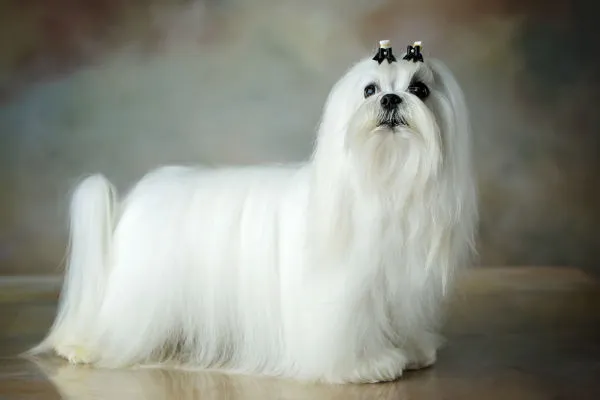 maltese
maltese
The Maltese, with a history spanning three millennia, has charmed humans for centuries. This ancient breed from Malta has remained remarkably consistent, partly due to its long, white coat that sheds very little, making it an ideal lap dog. Regular brushing is crucial to prevent mats from forming in their luxurious hair, and occasional baths are needed to keep their silky coat free from dirt and debris. For more information on breeds with similar coat types, explore small dogs that dont shed and are hypoallergenic.
Lhasa Apso
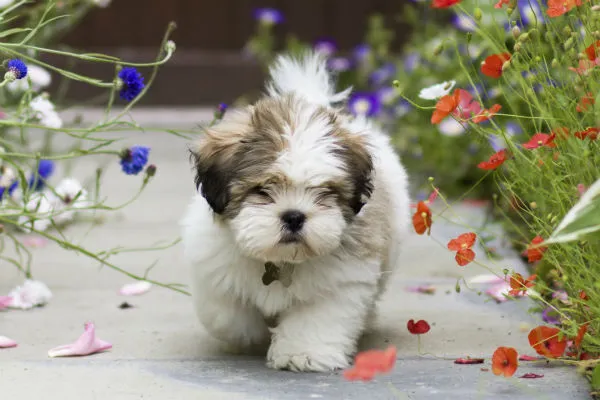 lhasa apso
lhasa apso
Originating from Tibet, the Lhasa Apso is a small dog breed that makes for an excellent companion. They are calm yet playful, enjoying both brisk walks and relaxing in their owner’s lap. Lhasa Apsos do not shed, but their coats do require regular maintenance. Many owners opt to keep their Lhasa Apsos in a shorter “puppy cut” to simplify grooming and avoid the daily brushing of their long hair.
Miniature Schnauzer
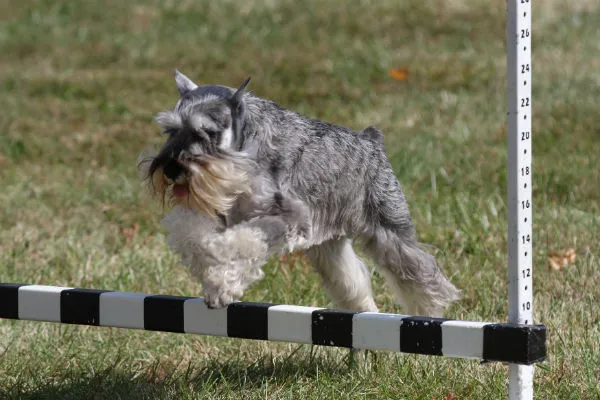 miniature schnauzer
miniature schnauzer
The Miniature Schnauzer is an intelligent, trainable, and cheerful small dog that bears a strong resemblance to its larger Standard Schnauzer relatives. This Terrier breed sheds very little, and their adaptability allows them to thrive in both urban and rural settings, as long as they are with their beloved families. To maintain their dapper appearance, incorporate weekly brushing and regular professional grooming into their care routine.
Poodle
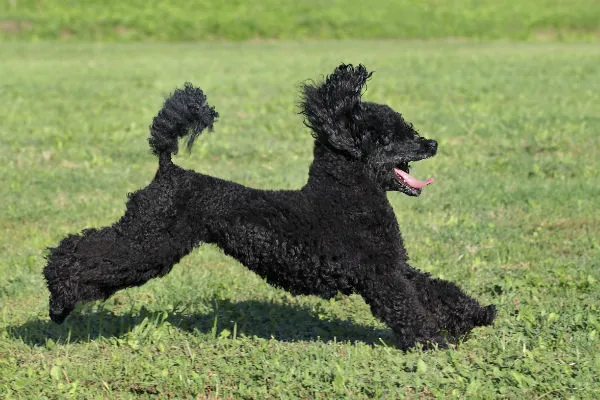 poodle
poodle
Poodles are perhaps the most widely recognized small dogs that don’t shed and are often considered hypoallergenic. Miniature and Toy Poodles offer these desirable qualities in compact, intelligent packages, differing from Standard Poodles primarily in size. All Poodles are highly intelligent, making them exceptionally easy to train. They are an active and proud breed, though their hair does require consistent professional grooming.
Scottish Terrier
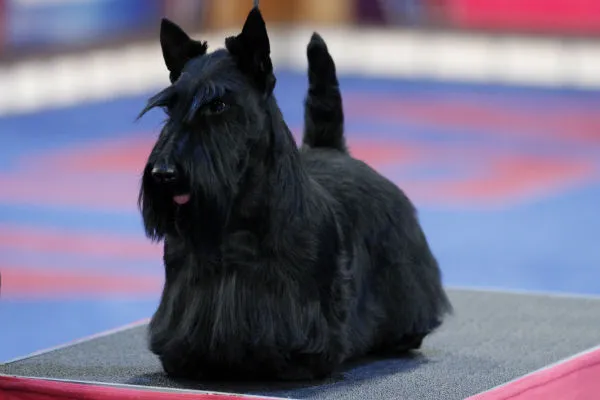 scottish terrier
scottish terrier
Known for their boldness, confidence, and significant personality, the Scottish Terrier, or Scottie, is a robust Terrier breed. Their wiry, weather-resistant coat sheds very minimally. However, they do require regular brushing, grooming, and occasional hand-stripping to maintain coat health and breed outline. Scotties are clever and independent dogs with strong prey drives, necessitating careful supervision around smaller animals.
Shih Tzu
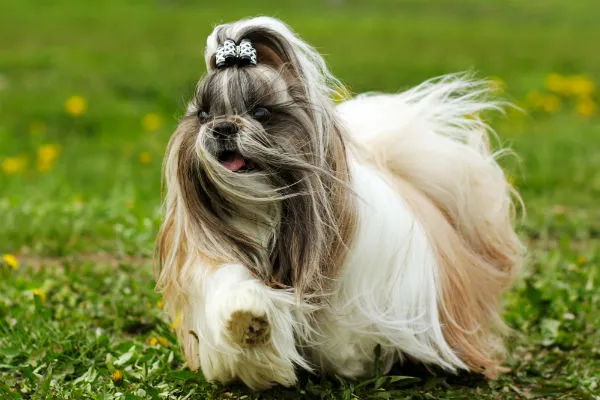 shitzhu
shitzhu
The Shih Tzu boasts a long and distinguished pedigree, having been favored pets of royalty. These “little lion dogs” come in a variety of colors and patterns. Their long, silky hair is very low-shedding and appears exceptionally regal when brushed out, befitting their royal heritage. This sturdy and lively Toy breed carries themselves with a proud carriage, often perceived as aloof, due to their heads held high and gracefully curled tails. Bred primarily as house pets, their gentle and trusting nature makes them exceptional companions.
West Highland White Terrier
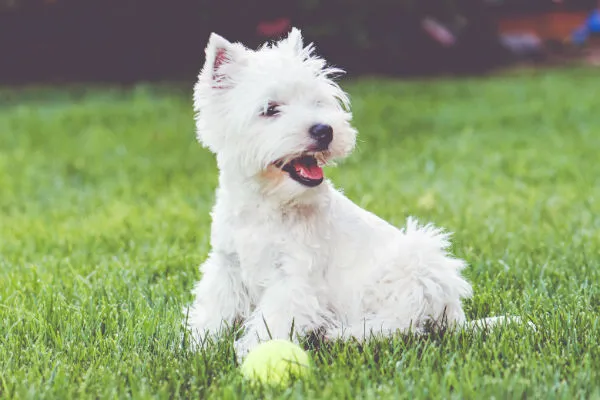 west highland terrier
west highland terrier
The coarse, white hair of the West Highland White Terrier, affectionately known as Westies, sheds very little. This sturdy little dog is intelligent, loyal, happy, and highly entertaining. They possess a curious nature and moderate energy levels, along with an independent streak common to Terriers, which can sometimes present a challenge during training.
Xoloitzcuintli
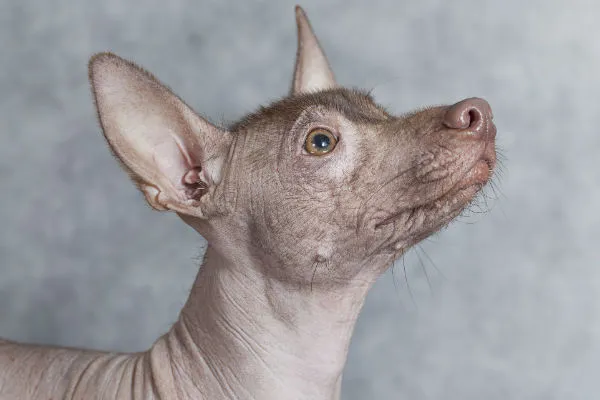 xolo
xolo
Also recognized as the Mexican Hairless dog, the Xoloitzcuintli is an ancient and rare breed that can be found in either hairless or coated varieties. The hairless Xolo has minimal hair on its head, while the coated variety sports a very short, fine coat that sheds minimally. Like all hairless breeds, Xolos require extra care for their skin to protect them from environmental factors. They make attentive watchdogs and affectionate companions, enjoying physical activities while maintaining a tranquil presence at home.
Yorkshire Terrier
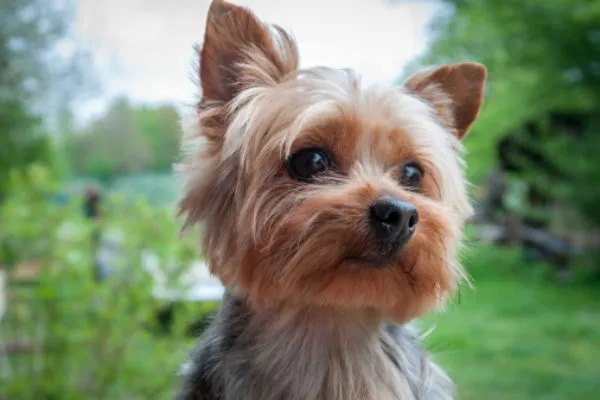 yorkie
yorkie
Sprightly, tomboyish, and affectionate, the Yorkshire Terrier, commonly called the Yorkie, is a small breed brimming with personality. These spirited lap dogs are consistently ranked among the most popular dog breeds in America, and for good reason. Yorkshire Terriers do not shed, and their silky coats are beautiful when brushed daily, a task made easier by their small size. Despite their elegant appearance, Yorkies have working-class roots and were historically used to hunt rats in English mills, though today they are equally content to be cherished lap companions.
Other Small Dog Breeds That Don’t Shed (Terrier Group)
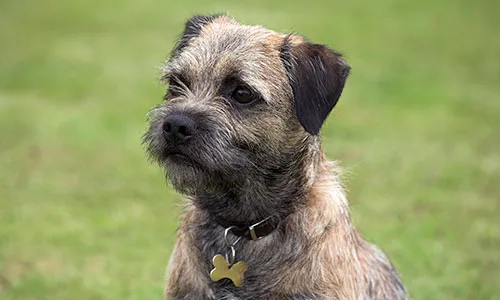 border terrier
border terrier
The Terrier group is a treasure trove of small dogs that exhibit minimal to no shedding. Breeds with wiry or coarse coats generally shed less than others, making them ideal choices for those seeking to avoid excessive dog hair. Beyond the specific breeds mentioned, other low-shedding Terrier breeds are worth exploring for their adaptability and engaging personalities.
It’s important to remember that while these breeds shed very little, they are not entirely maintenance-free. Thorough research into any non-shedding dog breed is crucial to ensure a good match with your lifestyle and personality. To promote your dog’s well-being and avoid potential health issues, always source your pet from a reliable breeder, provide a high-quality diet, and schedule regular veterinary checkups.
